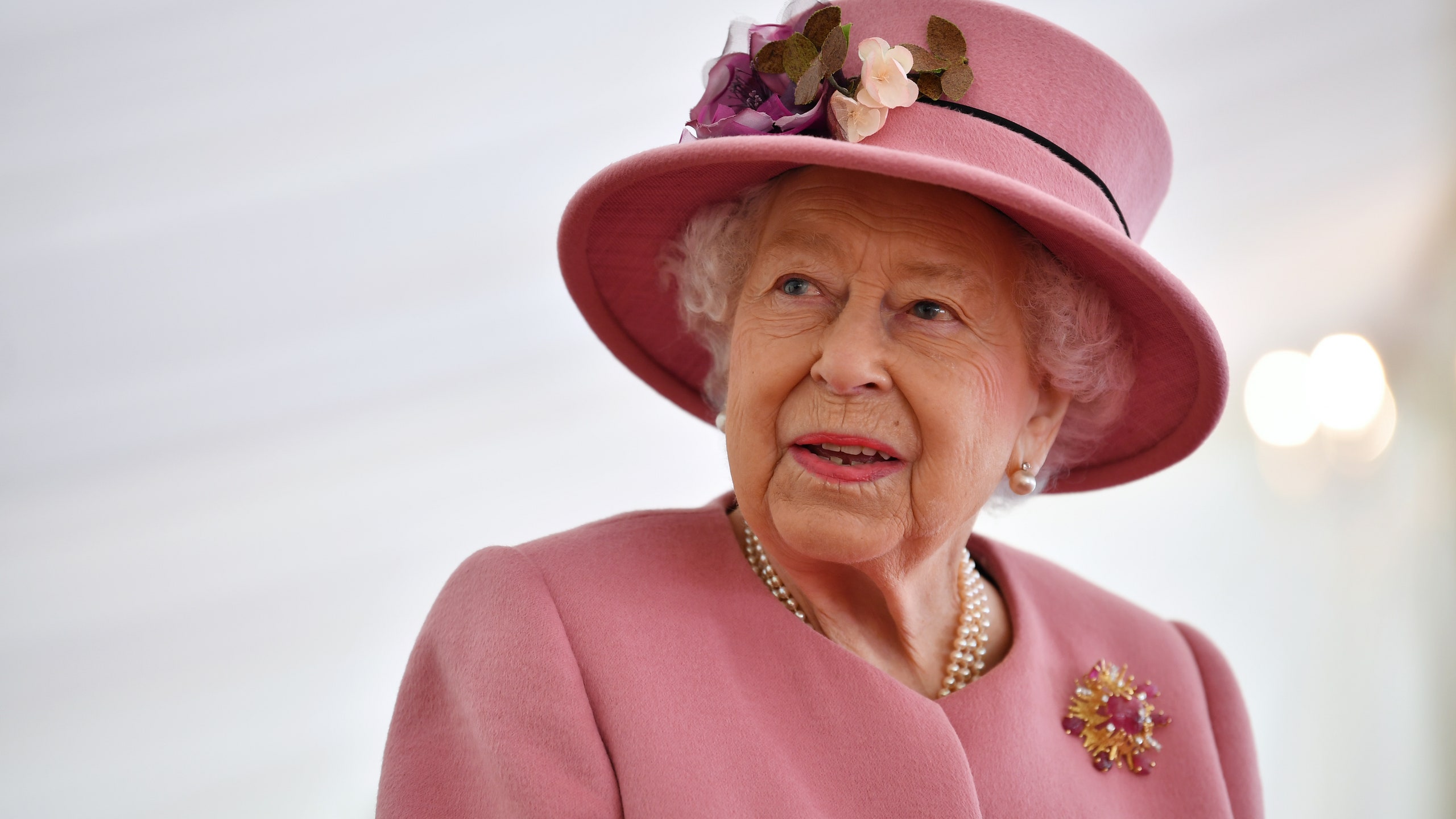Trump’s Desire to Annex Canada: A “Real Thing” According to Trudeau

At a recent economic summit in Toronto, Canadian Prime Minister Justin Trudeau made shocking comments regarding US President Donald Trump’s ongoing interest in Canada’s vast natural resources. Speaking to a room full of business leaders and policymakers, Trudeau revealed that Trump had entertained the idea of annexing Canada to make it the 51st state of the United States. According to Trudeau, this ambition is grounded in the abundance of resources Canada has to offer.
The revelation came during a closed-door meeting, after the media had been asked to leave. However, the conversation was inadvertently picked up by a microphone, with Canada’s public broadcaster, CBC, reporting the comments. Trudeau confirmed that Trump is acutely aware of Canada’s immense natural wealth and has expressed a desire to absorb the country into the United States to benefit from these resources.
“They’re very aware of our resources, of what we have and they very much want to be able to benefit from those,” Trudeau reportedly said. “But Mr. Trump has it in mind that one of the easiest ways of doing that is absorbing our country. And it is a real thing.”
Gil McGowan, president of the Alberta Federation of Labour, echoed Trudeau’s remarks in a post on social media, confirming the Canadian leader’s assessment of Trump’s intentions. McGowan wrote that Trudeau’s take on Trump’s objectives pointed to a desire for control, not just over Canada’s natural wealth, but also a broader plan to dominate the country or even outright annex it.
Trump’s Tariff Threats and the Annexation Talk
Trump’s threats of imposing tariffs on Canadian imports have been a long-standing issue, with the former president repeatedly using the tactic to pressure Canada into making concessions on matters such as trade, immigration, and drug trafficking. Most recently, he proposed a sweeping 25 percent tariff on all Canadian imports, signaling his frustration with Canada’s trade policies.
Initially, Trump’s comments about annexing Canada were dismissed as a far-fetched joke. However, the situation became more serious when Trump threatened to use “economic force” to dissolve what he considered an “artificially drawn line” between the US and Canada. This threat included possible tariffs on Canadian oil, natural gas, and electricity, with the aim of boosting domestic manufacturing in the United States and increasing federal revenue.
Trump has also tied his tariff threats to issues like illegal immigration and the fentanyl crisis. Though his administration has taken a hard stance on these issues, the severity of his rhetoric toward Canada has raised alarms in Ottawa.
Canada’s Response: Economic and Security Measures
In the wake of Trump’s tariff threats, Prime Minister Trudeau has pledged a strong response. In a public statement, Trudeau emphasized that Canada’s government is working hard to demonstrate increased spending on border security, including a $1.3 billion Canadian ($729 million) border security plan. This plan includes the deployment of drones, helicopters, additional border guards, and the creation of a joint task force to combat illegal immigration and drug smuggling.
Furthermore, Trudeau announced plans to appoint a new “fentanyl czar,” a high-level official who will be responsible for coordinating efforts between Canada and the United States on the fentanyl crisis. This appointment, however, highlights a larger issue: despite these concerns, less than 1 percent of illegal fentanyl and immigration-related crossings into the US come from Canada.
Despite these efforts, Trudeau recognizes the potential for a difficult and ongoing political battle with the United States. If Trump’s tariffs are imposed after the 30-day extension granted earlier this week, Trudeau said Canada would be ready to respond decisively. He also noted that his government is prepared to support Canadian businesses and citizens who may be negatively impacted by the fallout of such tariffs.
The Strategic Importance of Canada’s Resources
The tension between the two nations is not just about trade, immigration, or drug enforcement; it also centers around Canada’s wealth of natural resources. With vast deposits of critical minerals, including those needed for green energy transition, vehicle batteries, and military applications, Canada holds strategic resources that are crucial for technological advancements and defense.
These resources, including rare earth elements and minerals vital for electric vehicle production and renewable energy infrastructure, make Canada an attractive target for countries looking to secure access to them. This has led some analysts to question whether Trump’s interest in Canada’s resources could play a role in his proposed annexation rhetoric.
A Complex Future for Canada-US Relations
As tensions rise, Canada finds itself caught in the crosshairs of a volatile US administration. Trudeau has acknowledged that this presents a more challenging long-term political situation for Canada, one that requires a robust response to any potential economic measures or political pressures. Whether Trump’s threats are merely posturing or if they signal a more serious intention to reconfigure North America remains to be seen.
For now, the Canadian government is focused on demonstrating its commitment to strengthening border security, curbing illegal immigration, and addressing the fentanyl crisis. However, as Trump continues to exert pressure on Canada through trade tariffs and other economic measures, it remains to be seen whether the country can weather this new phase of tension in its relationship with the United States.







